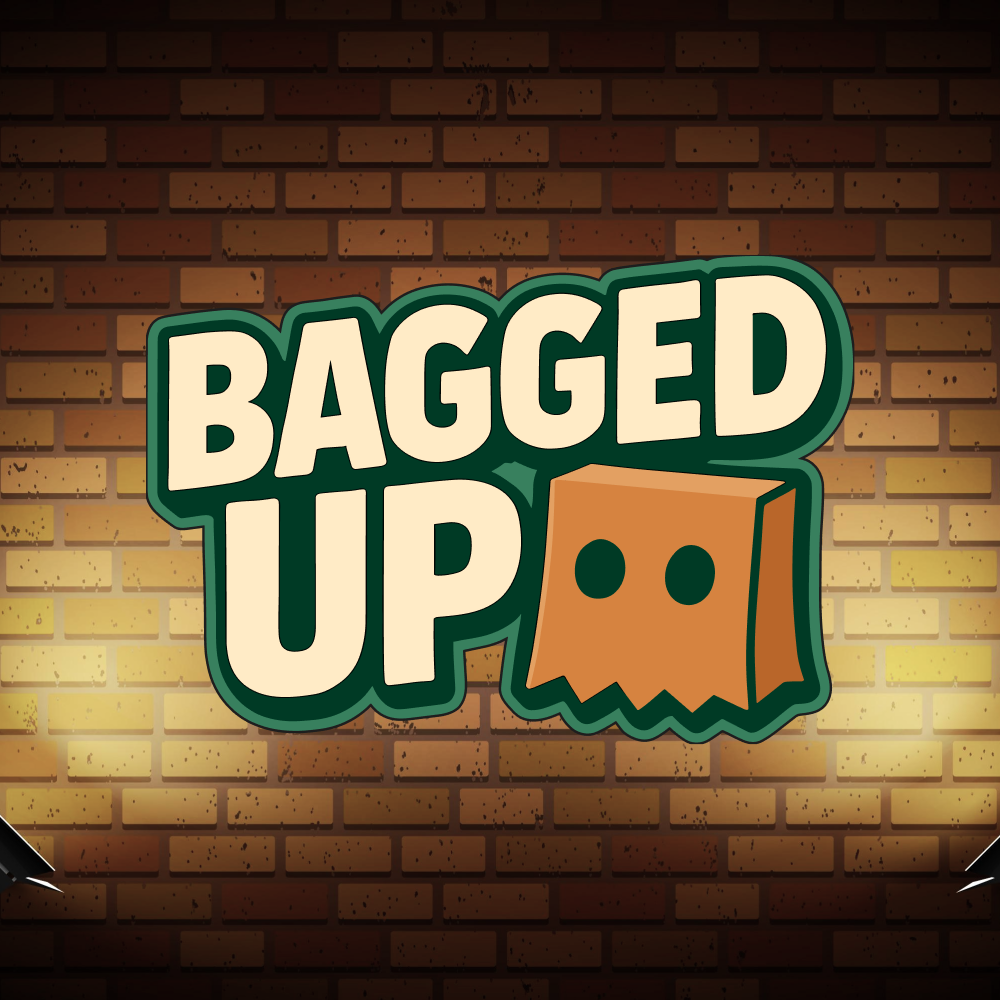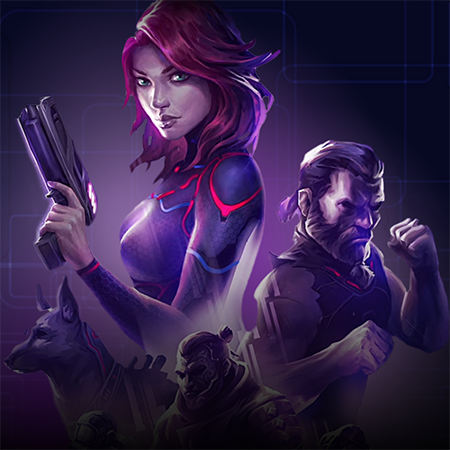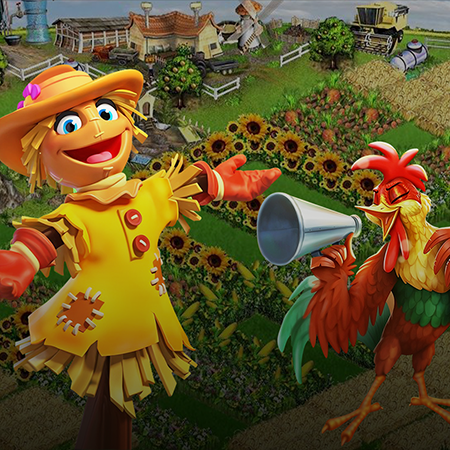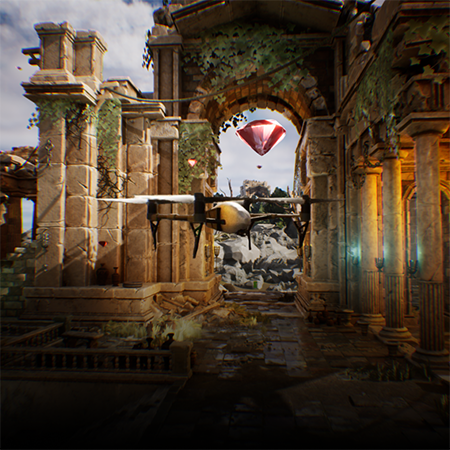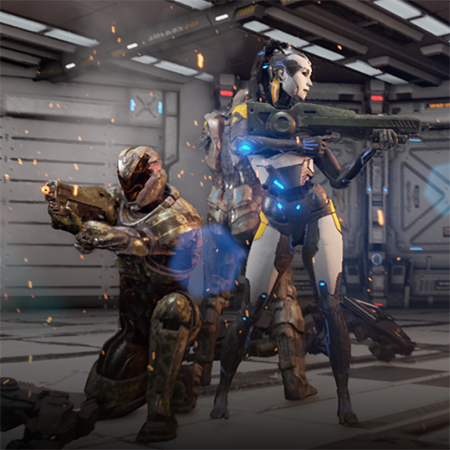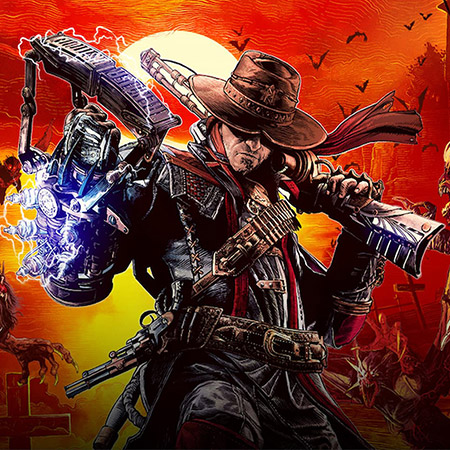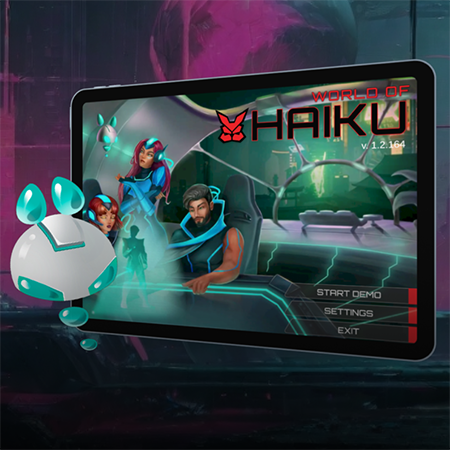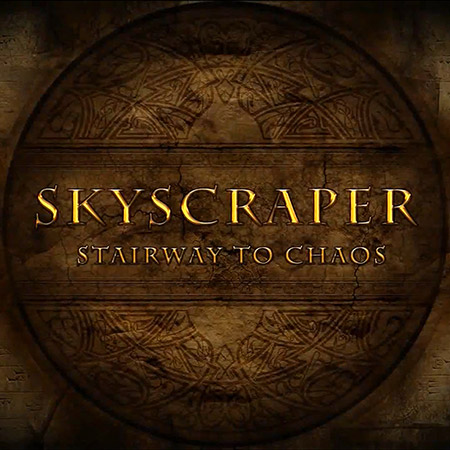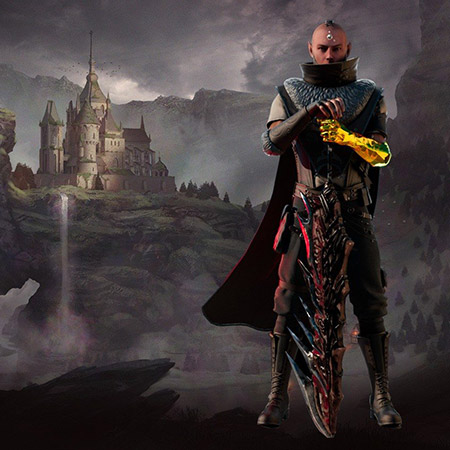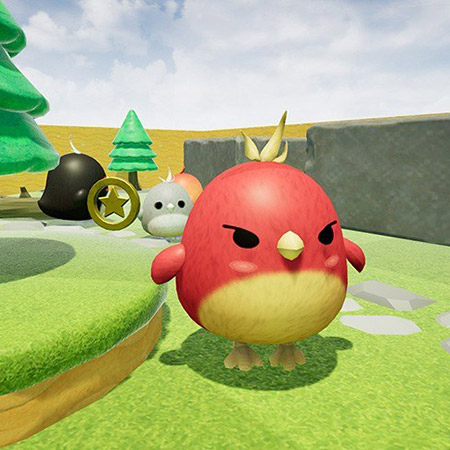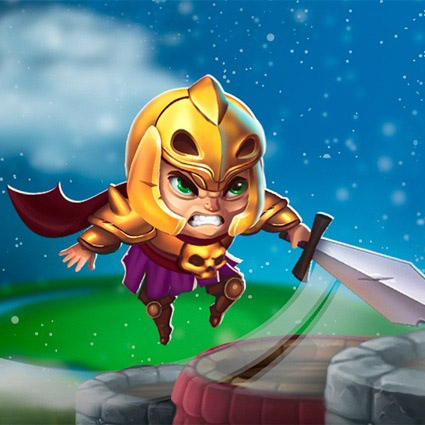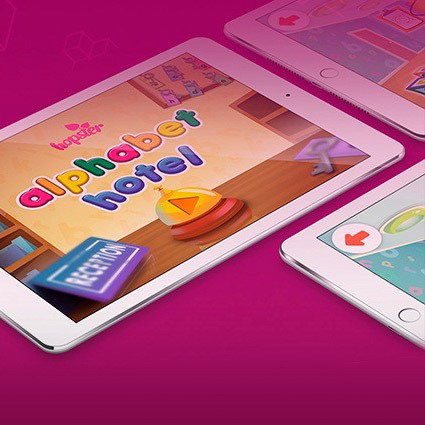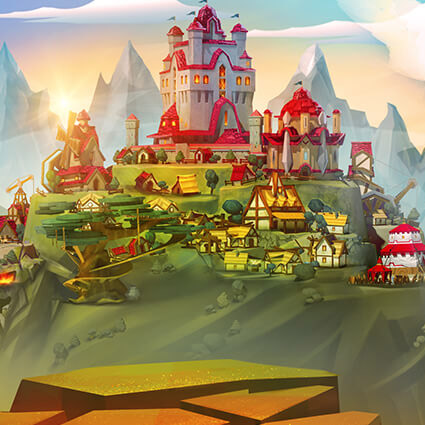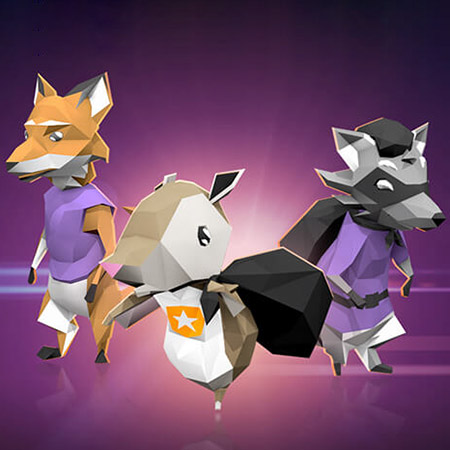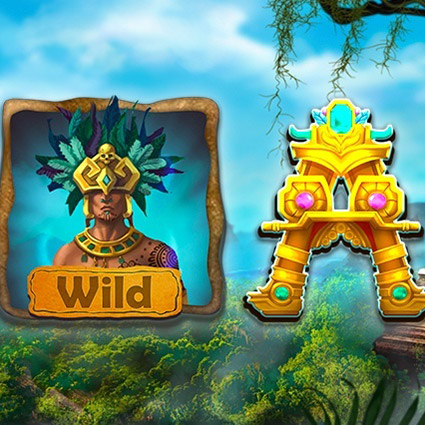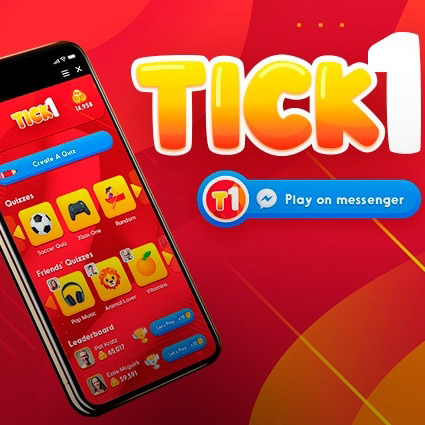Casual games have surged in popularity over the years, with many players enjoying them as a quick escape from the hustle and bustle of daily life. As a casual game development company with years of hands-on experience, we've often delved deep into understanding what truly characterizes a casual game. While the term may seem self-explanatory, the underlying criteria are multifaceted.
Based on our experience, casual games often share some common attributes that set them apart from their more intense counterparts. These attributes can be seen in the games churned out by leading casual game developers worldwide.
For better understanding, here are the key characteristics of casual games:
Simplicity. One of the defining features of casual games is their straightforward mechanics. These games are designed to be easily understood within a few minutes of gameplay. They don't require hours of commitment to grasp the underlying concept.
Short game sessions. Casual games are typically tailored for players who don't have the luxury of extended gameplay. This means levels or challenges that can be completed in short bursts, making them perfect for commutes, breaks, or quick relaxation.
Wide appeal. The demographic for casual games is broad. From young children to senior citizens, the accessibility and universal themes of these games resonate with a vast audience.
Limited commitment. Unlike many AAA titles or comprehensive RPGs, casual games don't demand a significant time or emotional commitment from the player. They are designed for pick-up-and-play spontaneity.
Visually engaging. While casual games might not have the intricate graphics of high-end console games, they are often colorful, vibrant, and instantly appealing to the eye.
As a result of our tests, we determined that these characteristics are not just anecdotal observations but consistent patterns that define the casual game genre. The success of a casual game often hinges on striking the right balance between simplicity and engagement. Too simple, and players might find the game monotonous. Too complex, and it deviates from the casual nature that many seek. This delicate equilibrium is where the expertise of seasoned casual game developers comes into play.
The rise of casual game development outsourcing has further expanded the boundaries of what's possible in this domain. Companies now have access to global talent, ensuring diverse perspectives and a broader range of innovative ideas. This collaborative approach, combining in-house expertise with external talents, often results in games that are both unique and aligned with the expectations of a global player base.
The modern digital ecosystem is brimming with diverse games, but casual titles carve out their niche by offering universality and immediacy. As gaming devices became more accessible, so did the audience's desire for games that could be played in fleeting moments of free time. The allure of casual games lies in their intuitive nature, allowing players to dive right in without prior experience.
This democratization of gaming has led to an explosion in creativity. Casual game developers constantly push boundaries, blend genres, and introduce novel mechanics. Furthermore, the community-driven aspect of these games, emphasizing connectivity and shared experiences, underscores their lasting appeal. In a fast-paced world, casual games provide a much-needed pause, a moment of playful respite.
While the term "casual" might suggest something fleeting or secondary, casual games hold a significant place in the heart of the gaming community. Their charm lies in their ability to offer immediate satisfaction, a momentary break from reality, and a chance to engage in gameplay without hefty demands. If you want to explore casual games further or need insights into creating one, contact us. Our team at Game-Ace is ready to guide, assist, and transform your casual game vision into reality.




















